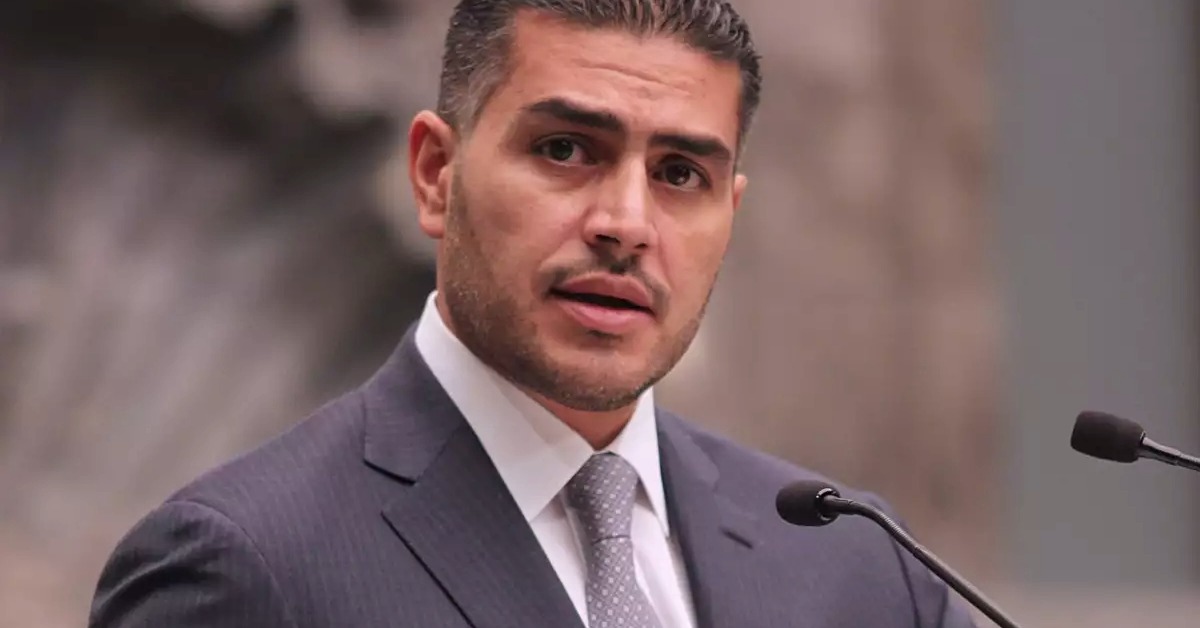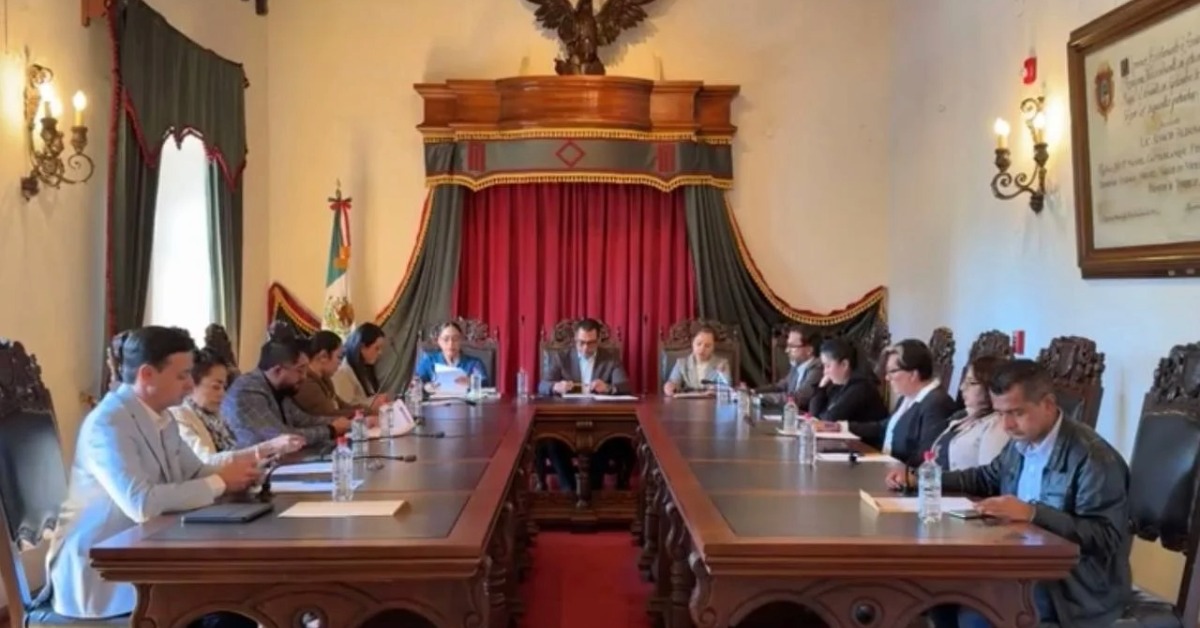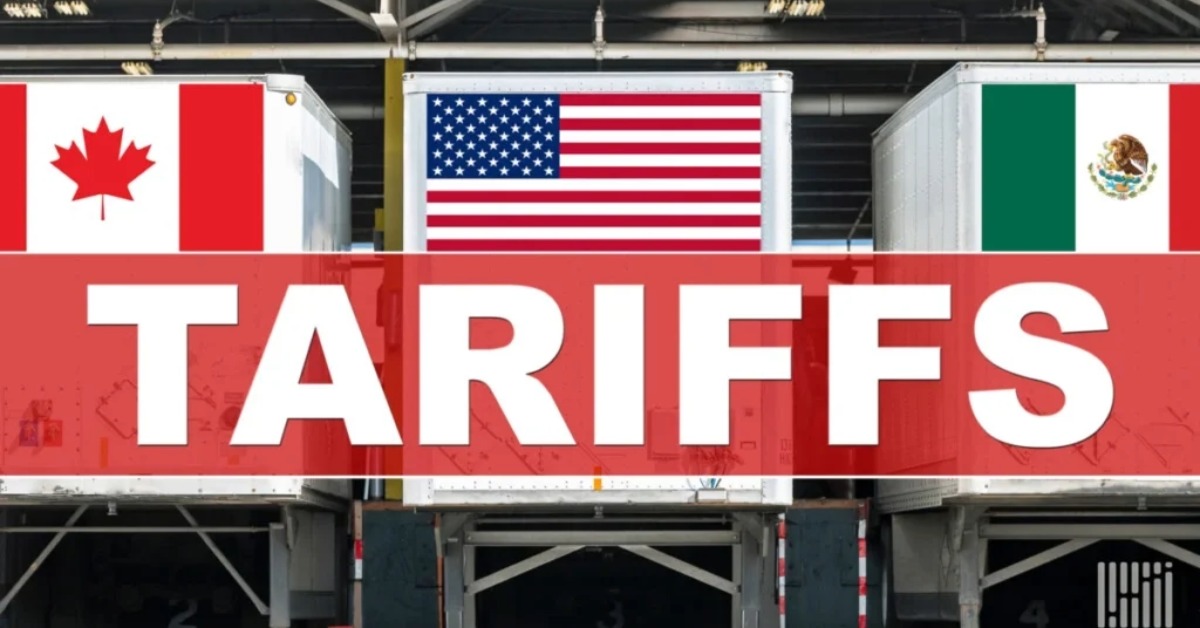In a historic moment for Mexico, Claudia Sheinbaum Pardo will be sworn in as the nation's first female president on Tuesday, marking a pivotal point in the country's 200 years of independence. This significant political transition carries profound symbolism, notably due to Sheinbaum’s leftist stance and her distinct lack of affiliation with the Institutional Revolutionary Party (PRI), which has long dominated Mexican politics. Her inauguration will feature a strong female presence, underscoring the momentous nature of the event, with the presidential sash being handed over by another woman, Ifigenia Martínez, the president of the Chamber of Deputies. For the first time in Mexico's history, indigenous women will also play a prominent role in the ceremonies, reflecting the growing recognition of their contributions to the nation.






